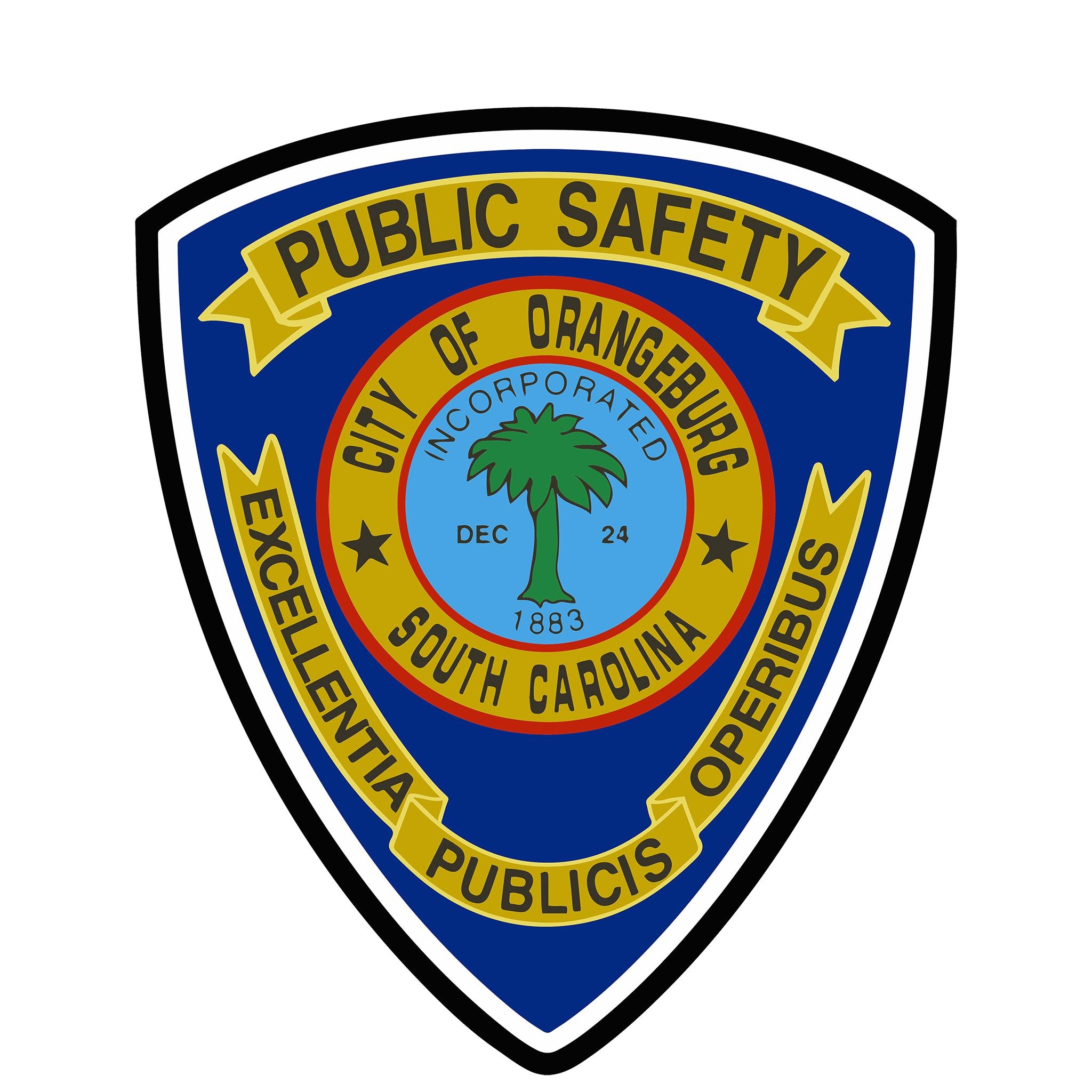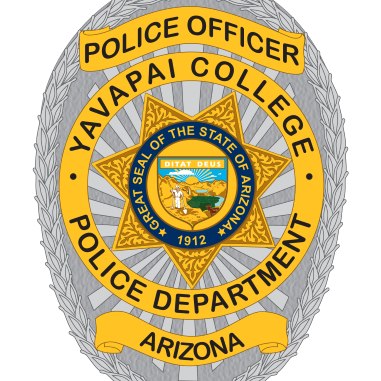Contact Us
To provide feedback on the Community Policing Dispatch, e-mail the editorial board at CPDispatch@usdoj.gov.
To obtain details on COPS Office programs, publications, and resources, contact the COPS Office Response Center at 800-421-6770 or AskCopsRC@usdoj.gov

U.S. Department of Justice
Office of Community Oriented Policing Services
Washington, DC 20530
Officers of two very different communities, Orangeburg, South Carolina, and Prescott, Arizona, recommit to community by making a promise to be Peace Officers.
In the Fall of 2022, the officers of two police agencies located at opposite ends of the nation publicly made a novel promise to their communities: They made the Peace Officer Promise with the aim of building public trust within the community. The Peace Officer Promise and the Peace Officer Project promote cultural change inside policing agencies and their communities. Both are programs of Police2Peace, a national policing nonprofit. The Peace Officer Promise applies the idea of medicine's Hippocratic Oath to “do no harm” to policing.
The Promise of Orangeburg Department of Public Safety

In October 2022, the Orangeburg (South Carolina) Department of Public Safety (ODPS) formed a partnership with Police2Peace and took the Peace Officer Promise in a public ceremony they called the Pledge of Peace. The Promise, administered to all officers of the department by ODPS Chief Charles P. Austin, states:
“We, the members of the Orangeburg Department of Public Safety, promise that while doing our best to control crime, we will do everything in our power to do no harm to the communities we serve and protect.”
Said Chief Austin about the Peace Officer Promise, “When we are connected with the community, when we can get the community support, then we are better able to initiate services and programs that address issues: quality of life issues, social issues.”
The department sees value in taking the Promise because it engages the community and invites them to take part in coproducing public safety. And while community policing is something the department practices regularly, the Promise is a way to convey the message, “It’s not us against them, it’s us together."
From the Serve and Connect program where officers distribute groceries to individuals and families experiencing food insecurity, to getting out in the neighborhoods for community cookouts, Orangeburg officers see themselves recommitting to the community by taking the Peace Officer Promise.
Perry Bradley, Executive Director and founder of Building Better Communities located in nearby Columbia, South Carolina, agrees. “This lets our citizens know that the department plans to uphold its oath and treat our communities fairly, safely, and protect and serve the way they should. It also lets people know that we need to all come together to uplift and heal our communities.”
Prescott, Arizona’s Yavapai College Makes its Promise

Another police agency that made the Peace Officer Promise is the Yavapai College (Arizona) Public Safety Department, located in Prescott, Arizona. In a ceremony held on September 21, the International Day of Peace, Chief Tyran Payne publicly pledged to seek to do no harm to the community, which the department serves and protects.
According to Chief Payne, the Peace Officer Promise is a 21st century policing model, which can be used by any agency to provide the policing services that communities need and deserve. “The Promise is an opportunity,” continued Payne. “It is a model created for law enforcement agencies across the nation to regain trust and create a new narrative regarding the negative public perception of law enforcement.”
Said Rodney Jenkins, Vice President Community Relations and Student Development for Yavapai College, “I think it's vital for the chief and the police department, not just here but across the country, to take more of a peace officer mentality. Chief Payne is a huge part of the community, working with and mentoring all our students, and especially our students of color.” Jenkins emphasized the need to view police officers as partners in the community. He continued, “Chief Payne has made his department so much [a] part of our community that we don't see them as anything other than our coworkers, our brothers and sisters in blue.”
Fostering Trust is Important
For Yavapai College students, fostering this kind of trust is important. According to Danielle Holquist, an AmeriCorps intern as well as a Law and Justice Club member, “What this means to me is it brings a different mentality than rather being a police officer.” She sees peace officers as being on the same level with students on campus, rather than just enforcing the law. Holquist continued, “I think that it makes students feel more of a connection with them, more on a friendlier level rather than on a hierarchical level.”
Jerald Monahan, retired former chief of Yavapai College Public Safety Department as well as the former chief of the Apache Junction and Prescott police departments, and former chief deputy of the Pinal County Sheriff’s Office, agrees. “The Peace Officer Promise addresses what and how to fundamentally change American policing so that it works for everyone. This is a simple, nationally scalable way to change the approach and culture of policing for all police departments, and it’s free to any agency.”
The Peace Officer Promise is being used by agencies around the nation to align all aspects of policing—recruiting, hiring, training, promotion, mission, and vision— it’s a people-first approach to public safety. Any agency can make The Peace Officer Promise for itself, and departments are encouraged to personalize the wording to reflect the uniqueness of their communities.
To learn more about the Peace Officer Project and The Peace Officer Promise, visit the Police2Peace website.
Subscribe to Email Updates
To sign up for monthly updates or to access your subscriber preferences, please enter your email address in the Subscribe box.






